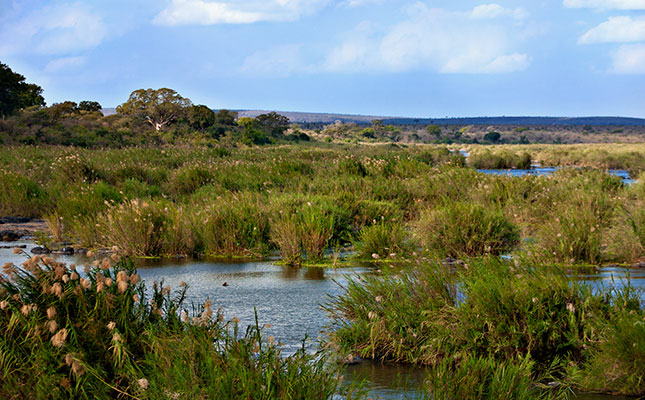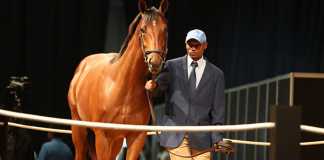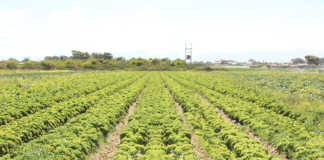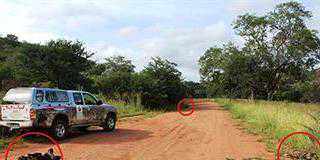
Photo: Wikimedia
The South African Weather Services (SAWS) has issued a warned about Tropical Storm Eloise, which was currently moving over the northern parts of Madagascar and was expected to enter the Mozambique Channel by 21 January.
However, Johann van den Berg, an independent meteorologist, said that the rain that accompanied the tropical storm once it made landfall could be beneficial to summer crops in South Africa.
As Eloise made landfall, excessive rain accompanied by destructive winds were expected along the Mozambique coastline and adjacent interior, according to statement released by the SAWS, which added that Eloise was expected to track towards the border of South Africa and Mozambique.
“While overland, [the storm is expected to weaken]; however, extreme rainfall is still expected over southern Mozambique, the eastern Lowveld and escarpment of Limpopo and Mpumalanga provinces, as well as northern KwaZulu-Natal on 24 January and continuing into 25 January.”
The SAWS added that at this stage, the rainfall was not expected to be extreme or damaging.
Van den Berg said that rain was also expected over the interior of the country, which would be good for summer crops, and help fill dams. However, he added that flooding was possible in areas like the Kruger National Park, which could cause damage to infrastructure.
“[Flooding] can cause damage to the sugar and tropical fruit areas of the Lowveld and eSwatini, but in general, [the rain] will most probably have more positive than negative effects,” said Van den Berg.












